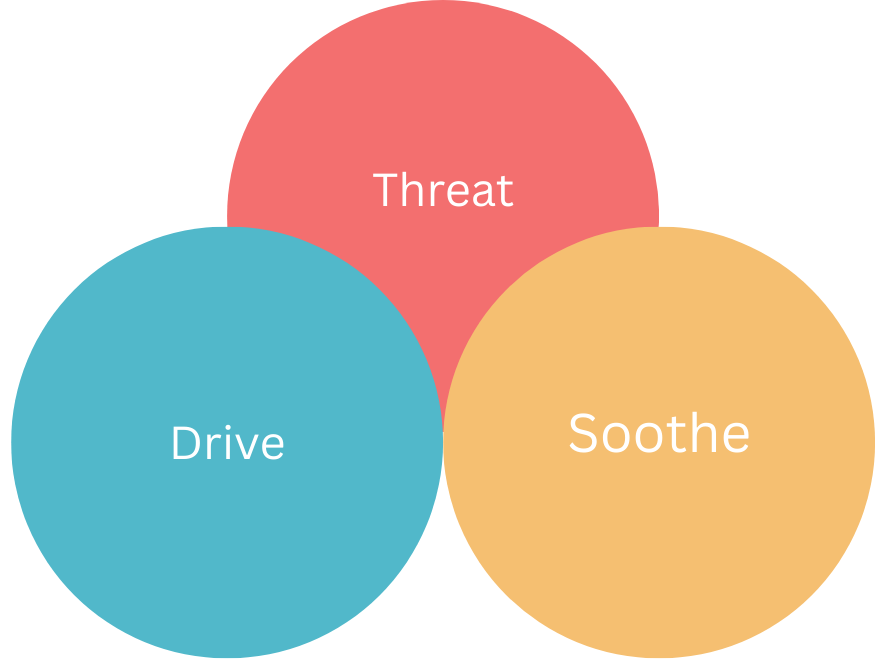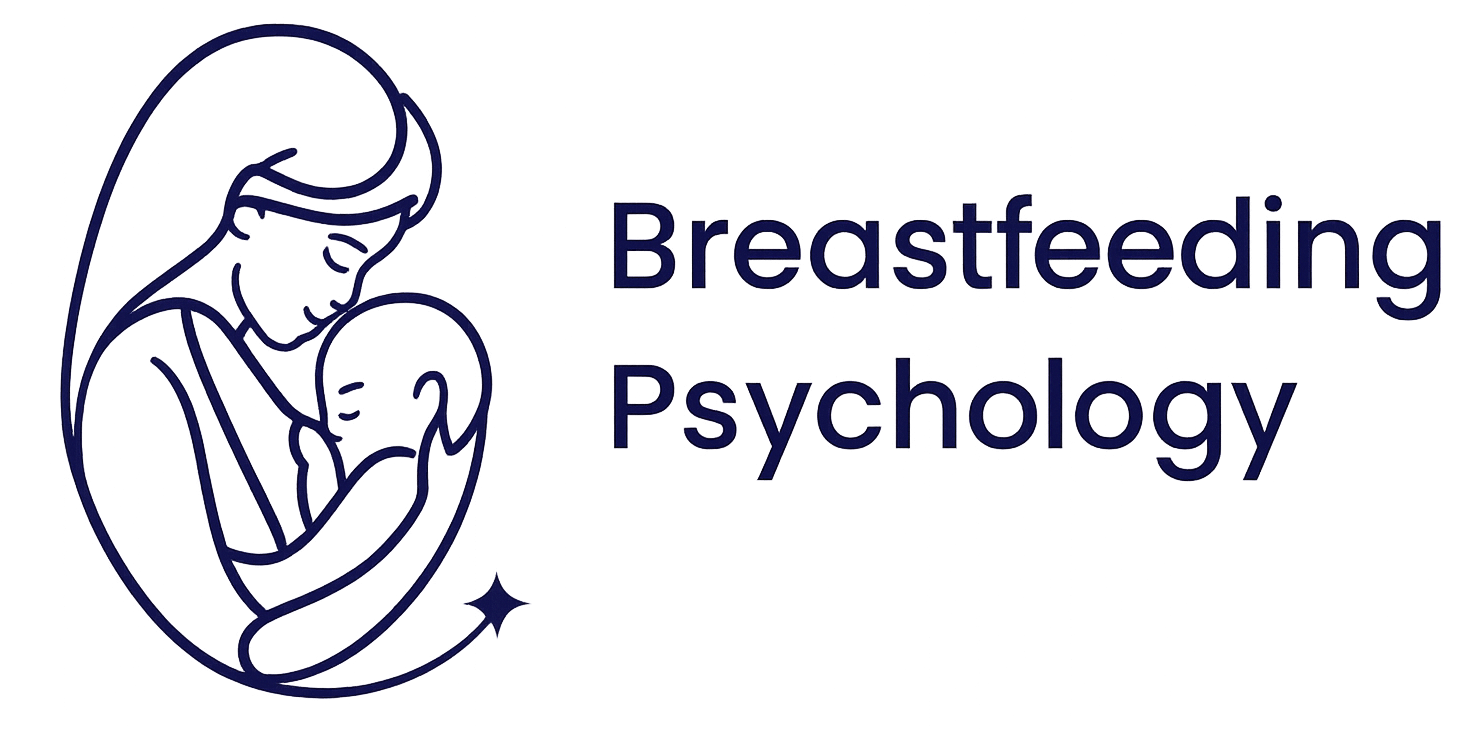Models of Therapy
Our psychologists are highly skilled at deciding which type of therapy may best meet your needs, and working flexibly in the way that best suits you as an individual. For instance, we may focus on one type of therapy, or offer a combination to suit your needs and goals. We always work collaboratively with you as a team to help you with the problem.
Cognitive Behavioural Therapy (CBT)
CBT is an effective type of therapy for problems such as depression, anxiety, trauma, body-image concerns and PTSD. It works by helping us to develop an understanding of how our early experiences have shaped our beliefs about ourselves, the world and others. It helps us to clearly map out our thoughts, feelings and responses. In CBT we address patterns of thinking and responding that may be unintentionally keeping you stuck rather than helping you to move forwards.
When working with trauma or PTSD, CBT helps by processing the traumatic memories, and working on what your experiences meant to you.
It is a goal-focused and practical approach, and can be really effective at helping you to improve how you are feeling.

Eye Movement Desensitisation and Reprocessing Therapy (EMDR)
EMDR is designed to help you to process and heal from traumatic memories. It has a strong evidence-base for PTSD or trauma, and we will often recommend it if there are key images or memories that seem to be keeping you feeling stuck.
EMDR uses bilateral stimulation such as eye movements or tapping to help your brain to more effectively process and integrate traumatic memories.
This helps to reduce the emotional intensity of memories, and allows you to move forwards and improve how you are feeling.

Compassion Focused Therapy (CFT)
CFT is designed to help people work gently with feelings of shame, self-criticism, or harsh inner judgment. It encourages the development of a kinder and more supportive relationship with oneself, which can be especially important when facing the challenges of parenting and breastfeeding.
CFT draws on practices such as mindfulness, imagery, and breathing techniques to strengthen a sense of safety and warmth in the body. This helps reduce the threat response and allows you to approach difficulties with greater calm and balance.
For parents, CFT can be a valuable way of nurturing self-acceptance during times when you might feel pressure to “get everything right.” It recognises that caring for a baby is demanding, and that being compassionate with yourself supports both your own wellbeing and your relationship with your child.

Acceptance and Commitment Therapy (ACT)
ACT is a mindfulness-based psychological therapy which aims to help you develop more psychological flexibility through accepting the presence of difficult thoughts and feelings rather than trying to get rid of them.
It has a slightly different emphasis than CBT and really focuses on what is important to you, and how you can best live your life focusing on the things that really matter to you, with less interference from trying to "push away" or avoid the challenging aspects of life.
By doing so, we can often actually reduce the impact of negative experiences on our ability to live a meaningful and values-driven life.



